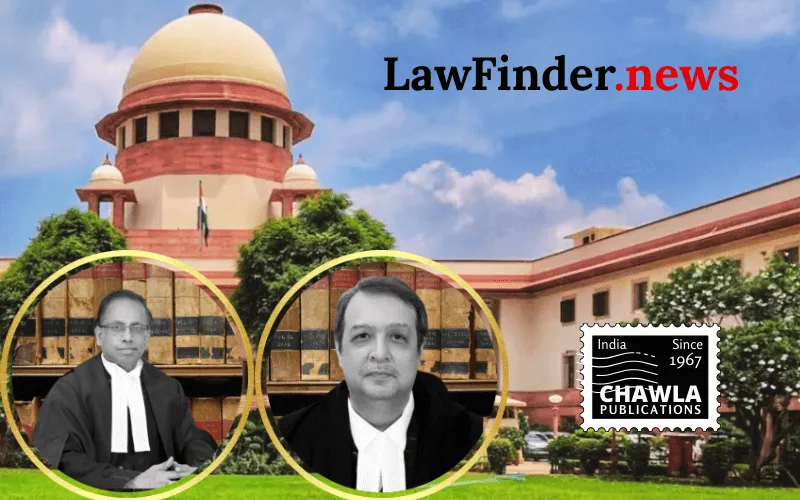Supreme Court Upholds Property Distribution According to Mohammedan Law. Agreement to Sell Does Not Confer Ownership; Matruka Property to be Divided Among Survivors
In a landmark judgment, the Supreme Court of India, comprising Justices Sanjay Karol and Prashant Kumar Mishra, has reinforced the principles of Mohammedan inheritance law in a case concerning the distribution of Matruka property left by the deceased Chand Khan. The court upheld the decision of the First Appellate Court and the Bombay High Court, emphasizing that an Agreement to Sell does not create interest in a property, thus reaffirming that property must be distributed according to prescribed Islamic inheritance laws.
The case involved the appellants Zoharbee and others, and the respondents, the legal representatives of Imam Khan. The dispute centered around land parcels identified as S.No.22/3 and 22/1 of Gut No. 107 and Gut No.126, claimed by Zoharbee to have been transferred during Chand Khan's lifetime, thus excluding them from inheritance proceedings. However, the court clarified that such agreements do not transfer ownership unless formalized through a registered sale deed, which was not the case here.
The Supreme Court highlighted that the properties left by Chand Khan qualify as Matruka properties, which include both movable and immovable assets left by a deceased Muslim, to be distributed following the intestate succession rules of Mohammedan Law. As per these rules, in the absence of children, the wife, Zoharbee, is entitled to a 1/4th share of the Matruka property, while the remaining 3/4th would be allocated to other entitled family members.
The judgment underscored the legal maxim "Nemo dat quod non habet," indicating that one cannot transfer a title better than what one possesses. Thus, the sale deed executed by Zoharbee post Chand Khan's death could only cover her entitled share and not the entire property.
This decision reiterates the importance of following prescribed legal frameworks for property distribution, ensuring that the rights of all heirs are respected according to Islamic law. The court also expressed dissatisfaction with the translation quality of lower court judgments, emphasizing the need for accuracy in legal documentation.
Bottom Line:
Matruka property - Agreement to Sell does not create any interest in property - Property left by a deceased Muslim is termed as Matruka and must be distributed as per Muslim inheritance laws, ensuring prescribed shares to survivors.
Statutory provision(s): Transfer of Property Act, Mohammedan Law of Inheritance, Specific Relief Act, Trusts Act, Code of Civil Procedure.
Zoharbee v. Imam Khan (D), (SC) : Law Finder Doc Id # 2795494




